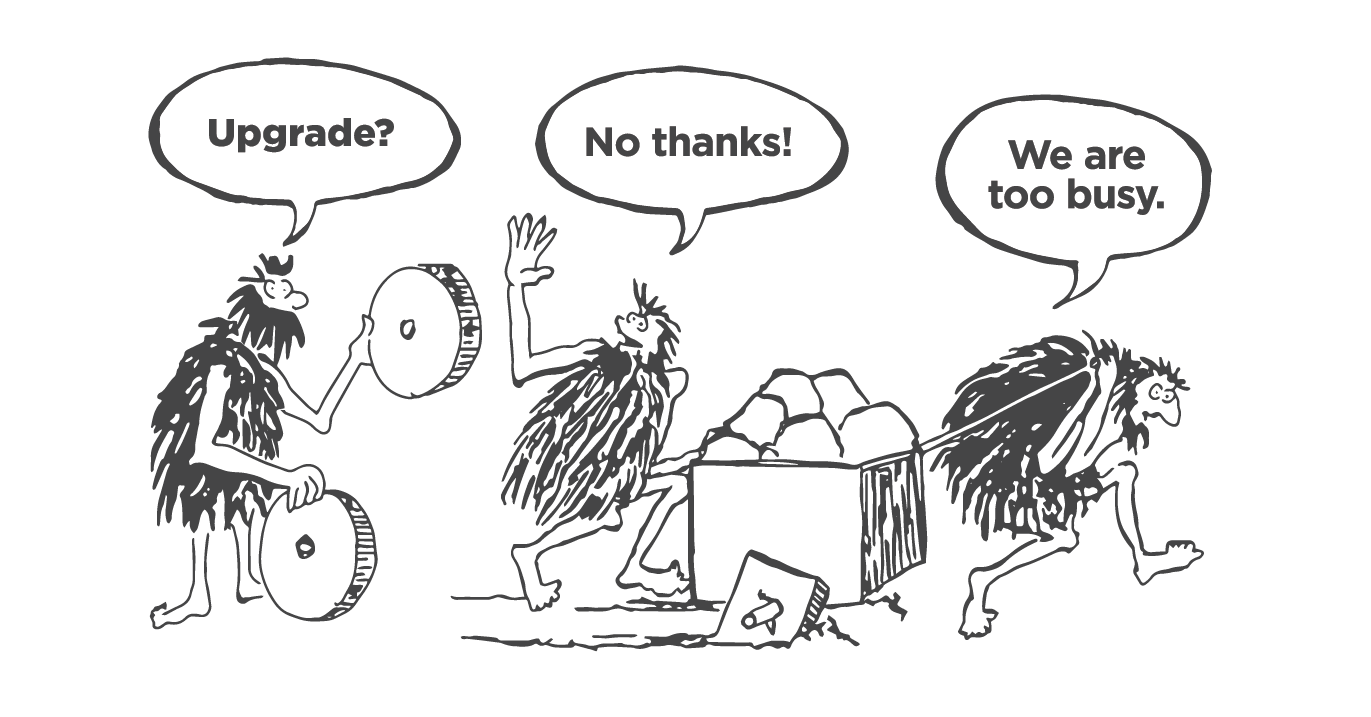
The construction industry is one of the world’s most challenging and complex industries.
With the rise of big data, however, things are beginning to change. Today, construction companies have access to more data than ever before and are using it to transform the industry in unprecedented ways. In this blog, we’ll cover eight ways data is transforming construction in 2023.
① Sustainable construction
Sustainability is a key driver for many construction companies and big data makes achieving sustainability goals easier. Construction companies can better track and report on key sustainability metrics, such as energy consumption and waste reduction, which can help drive project efficiency and progress.

② Improved project management
Improved project management is one of the most significant benefits construction data can provide. Construction companies can better track and manage their projects with real-time data, from scheduling to budgeting. This can help to reduce wastage, optimize resource allocation, and ensure projects are completed on time and within budget.
Where does project data come from? Anything. Time, labor, equipment, and specific tasks such as wire sizing or excavation. All these and more produce data, which is why busybusy created various calculators to help crews kickstart their projects with the accurate construction data analytics they need.
③ Better cost control
Modern construction projects are incredibly complex, with many moving parts. Cost control is an essential aspect of any project, and big data is making it easier than ever to manage construction costs. By monitoring data in real-time, construction companies can make informed decisions about resource allocation, which can help avoid overruns and budget delays.

❝ Did You Know? Brought on by the COVID-19 pandemic, the amount of data consumed and created has reached a new high. In the next two years (2025), data is expected to grow by another 61 zettabytes❞ (statista).
④ Improved project visualization
Big data is making it easier for construction companies to visualize projects in three dimensions. This level of detail allows teams to better understand projects before they start, which can help avoid costly mistakes. By visualizing projects in detail, construction teams can also accelerate the decision-making process and minimize the risk of changes during construction.
⑤ Increased safety
Construction sites are naturally hazardous locations, with many potential risks to worker safety. However, big data can help mitigate risk by providing insights into potential safety issues. For instance, wearable devices can monitor workers’ fatigue levels and alert management when someone is tired, which can help avoid accidents. Construction daily reports can also provide information about injuries and other health concerns to alert management to improve job site safety.
⑥ Better supply chain management
Construction is a complex industry with many moving parts, and supply chain management is critical for success. With big data, construction companies can better manage their supply chains, monitoring inventory levels, tracking demand, and optimizing logistics. This can help ensure that essential materials and equipment are always available when needed.
 ⑦ Better talent development
⑦ Better talent development
Construction is an industry that relies heavily on skilled labor. With big data, construction companies can better track and manage their talent development programs. This can help identify skill gaps and opportunities for upskilling or reskilling workers. By investing in their workforce’s development, construction companies can improve overall project quality and reduce risks.
⑧ Improved quality control
Quality control is critical in construction projects to ensure that projects meet or exceed the required standards. Big data is important in the construction industry to track, monitor, and manage quality control processes. By monitoring key quality control metrics, crews can identify and mitigate risks and ensure projects are delivered to the highest standards.
The importance of big data in the construction industry has grown significantly. By leveraging this ever-changing information, construction data analytics can improve everything from project management to talent development and quality control. As data continues to become more accessible, we can expect to see even more exciting innovations that will transform the way construction projects are planned, executed, and delivered.
Tackling the “Big Data” Beast
Regular or traditional data is already daunting enough, so—how can we make “Big” data less intimidating?
Being organized. Organization and proper management is an essential step, and one that is often overlooked by construction companies as they grow. From employees to the machinery they use, being equipped with modern tools such as a mobile time-tracking can make a world of difference. The demand for tracking tools is growing and means that construction companies are valuing construction data analytics and the productivity boost derived from it.
With all of the rapid advancements, the future of construction has never looked so bright! Follow our blog to uncover how the industry evolves with the continued growth of data and technology!
 ⑦ Better talent development
⑦ Better talent development










